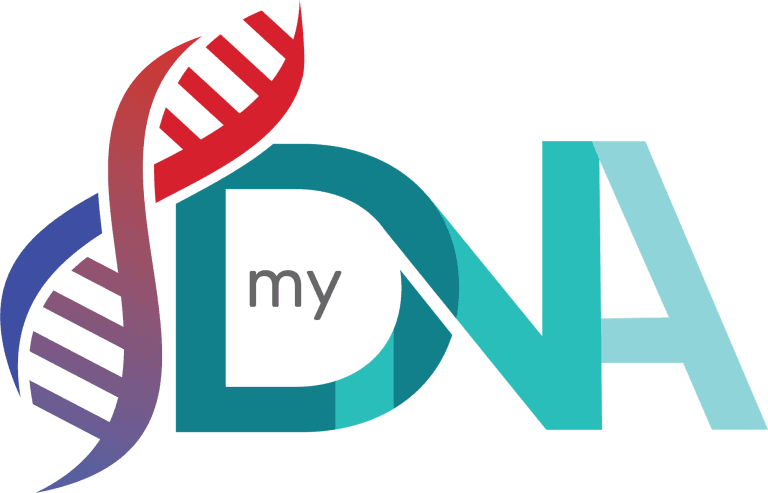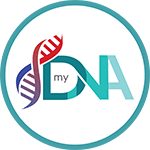Benefits of DNA Testing for Children
Early Detection of Genetic Conditions
One of the most significant benefits of DNA testing for children is the ability to detect genetic disorders early in life. Some children are born with inherited conditions that may not show symptoms immediately but can have serious health consequences later on. Identifying these conditions early allows parents and healthcare providers to take preventive actions, provide necessary treatments, or closely monitor the child’s health.
For example, genetic testing can detect conditions like cystic fibrosis, sickle cell anemia, or congenital heart defects. Early diagnosis allows doctors to intervene sooner, often leading to better health outcomes and improved quality of life.
Personalised Healthcare
Every child is unique, and their medical needs vary based on their genetic makeup. DNA testing allows for developing a personalised healthcare plan tailored to your child’s specific genetic profile. For instance, some children may be more prone to certain nutritional deficiencies, have food intolerances, or respond differently to medications.
For example, pharmacogenomic testing can determine how a child’s body processes certain medications, helping doctors choose the most effective treatments with fewer side effects. In the case of conditions like asthma, ADHD, or epilepsy, knowing how your child’s body metabolises drugs can make a big difference in managing these conditions more effectively.
Preventive Health Measures
DNA testing for children doesn’t just identify existing conditions; it can also reveal predispositions to future health issues, allowing for preventive measures. If a child is found to have a genetic risk for certain conditions, such as diabetes, cardiovascular diseases, or certain cancers, parents can work with healthcare providers to develop a proactive plan.
This plan may involve regular screenings, lifestyle changes, or early interventions that can significantly reduce the risk of developing the condition. For instance, if a child is genetically predisposed to obesity or Type 2 diabetes, parents can take steps early on to instil healthy eating habits and encourage physical activity, thus reducing their child’s future health risks.
Nutritional Insights
Understanding your child’s genetic profile can provide insights into their nutritional needs. Some children may have specific dietary requirements based on genetics, such as a higher need for specific vitamins and minerals. DNA testing can reveal whether your child is prone to nutrient deficiencies or has intolerances to certain foods, like lactose or gluten.
With this information, parents can tailor their child’s diet to ensure they receive the nutrients they need for optimal growth and development. This can also help prevent common issues like anemia, bone health problems, or digestive discomfort.
Behavioural and Developmental Traits
DNA testing for children can also shed light on behavioural and developmental tendencies. While environmental factors certainly play a role in shaping a child’s personality, specific genetic markers are linked to cognitive development, temperament, and even how a child learns.
For example, some DNA tests can provide insights into how a child processes information, whether they are predisposed to attention challenges, or how they are likely to respond to stress. These insights can help parents and educators better understand a child’s learning style, allowing for customised educational approaches that align with their strengths and needs.
Family Planning and Future Health Management
If parents have a family history of hereditary conditions, genetic testing can provide valuable information about the likelihood of passing those conditions on to their children. This is particularly important for families with a history of conditions like autism, ADHD, developmental disorders, or genetic syndromes like Down syndrome.
In addition, knowing a child’s genetic profile helps plan long-term health management. If a child has a genetic predisposition for a specific condition, this information can be factored into medical records, ensuring that healthcare providers monitor the child more closely throughout their life.
Ethical Considerations and Privacy
While the benefits of DNA testing for children are clear, parents should also consider ethical and privacy concerns. Genetic information is deeply personal, and it’s important to ensure that the results of any genetic test are handled with care. Parents should choose reputable, certified genetic testing services that protect privacy and data. Genoplan’s DNA kit is ISO 27001 certified and handles privacy and data protection.
Additionally, it’s important to approach genetic testing with the understanding that genes are only one part of the health equation. Environmental factors, lifestyle choices, and upbringing play a significant role in a child’s development, and genetic predispositions do not always result in disease or specific traits.
Finally, parents should consider the emotional impact of receiving genetic information. Sometimes, learning about a child’s risk for certain conditions can be overwhelming. Genetic counselling is an essential resource for helping parents understand and process the results of a genetic test and plan the next steps for their child’s health.




